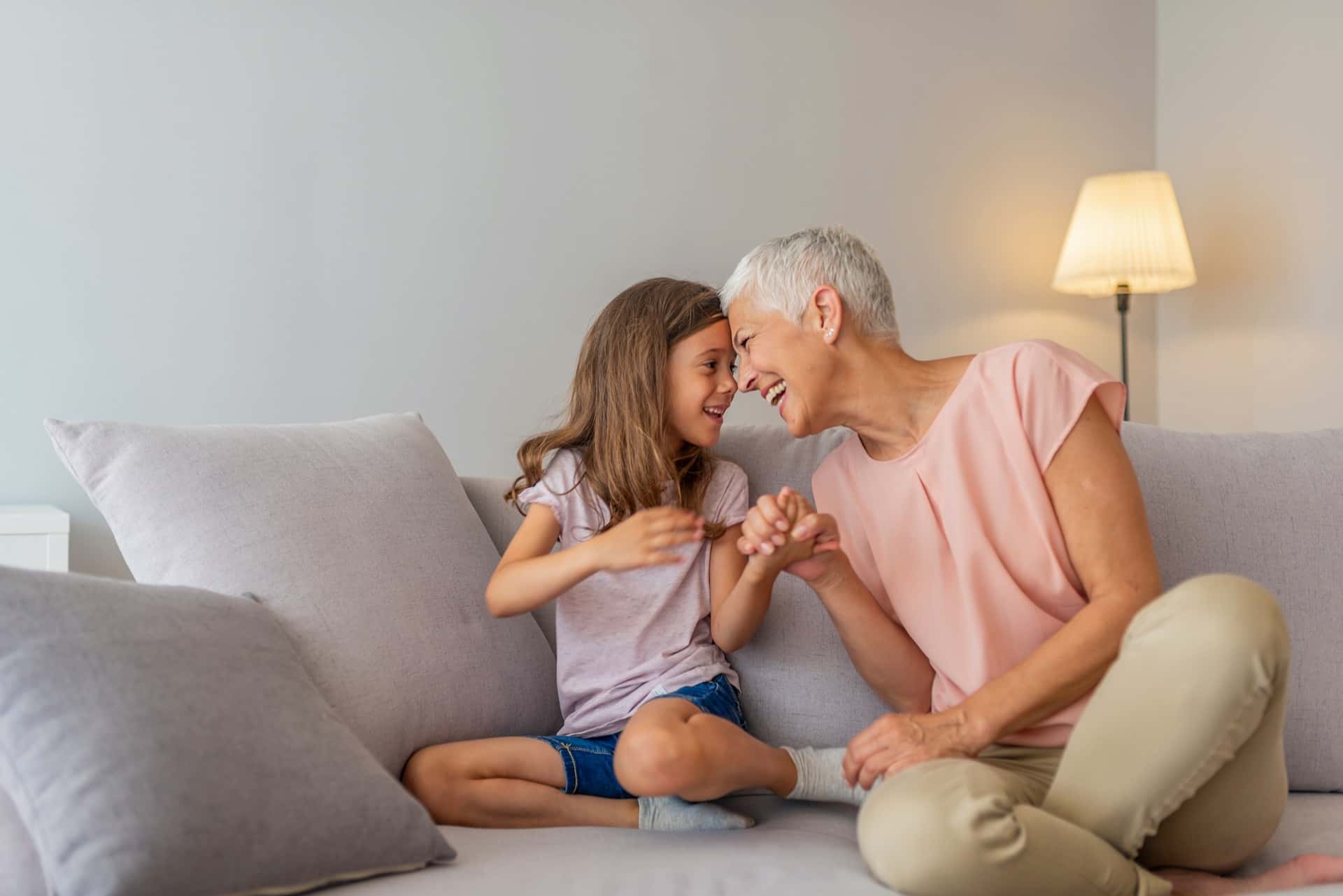
As much as we don’t like to think about a time when we are no longer around, we have to face the fact that we are not immortal. If we are lucky, we will enjoy a long and healthy life, passing away peacefully once all of our estate plans have been made to ensure that future generations are protected. Unfortunately, we can’t guarantee that this is the course that our lives will take—we may find ourselves the victim of a fatal car accident, a terminal illness, or other tragedy that cuts our life too short. While it may feel morbid to contemplate all of the “what if” scenarios of tragic events that could befall us, it’s important to meet with an estate planning attorney, even in your early 20s, to put the proper precautions in place, should the unthinkable happen. Let’s take a look at what could happen if you pass away without an estate plan, then explore the benefits of creating an estate plan well before you should ever need it.
Procrastination is Widespread
First of all, as much as experts tell you to create an estate plan when you are relatively young, few people actually do. According to a 2017 study conducted by Princeton Survey Research Associates International, only 42 percent of American adults have estate plans in place. Additionally, for people with children under the age of 18, as few as 36 percent have created an estate plan. This leaves their children in a particularly vulnerable state, should the parents pass away suddenly. Of the survey respondents who didn’t have estate plans in place, many stated that they simply hadn’t gotten around to it yet. They knew estate planning was something they needed to do, but it’s easy to procrastinate and avoid actually beginning the process.
The Consequences of Not Having an Estate Plan
In order to understand why it’s advantageous to have an estate plan in place, even if you don’t think you’ll need one for many decades, it’s helpful to understand what happens when a person passes away without a valid estate plan. Once the individual has passed away and it is determined that no will or other estate planning documents are in place, the state court will step in to determine how the assets are divided and who will take custody of any minor children. This is not an ideal situation for many families, as an outside evaluator will assign custody, and you will not be around to share your preferences.
If you have a child or grandchild with special needs, they may not receive the benefits or resources that you intended them to have. Additionally, should you slip into a coma or suffer from a debilitating medical condition that renders you unconscious or mentally incapacitated, you will not be able to express your wishes regarding medical treatment options. Ultimately, by not creating an estate plan ahead of time, you are denying yourself the ability to voice your wishes, leaving major decisions in the hands of court officials.
How an Estate Plan Can Help
Basically, an estate plan allows you to have some control over how you’d like your loved ones to go on when you are no longer around. Yes, thinking through daunting scenarios of you on your deathbed is not a pleasant activity, but if you think of it as a necessary process that will ensure the comfort of you and your family members, estate planning becomes an empowering action. When you meet with your estate planning attorney, you’ll discuss your vision for your financial future and you’ll address how these financial assets will be dispersed after you’ve passed away. You’ll also take some time to appoint a health care proxy and/or a financial powers of attorney, designating trusted individuals to speak up on your behalf when you are no longer able to advocate for yourself. Additionally, it’s important to recognize that your estate plan can change as you age—especially as your family grows—so that it can remain comprehensive and suited to address the needs of you and your loved ones.




